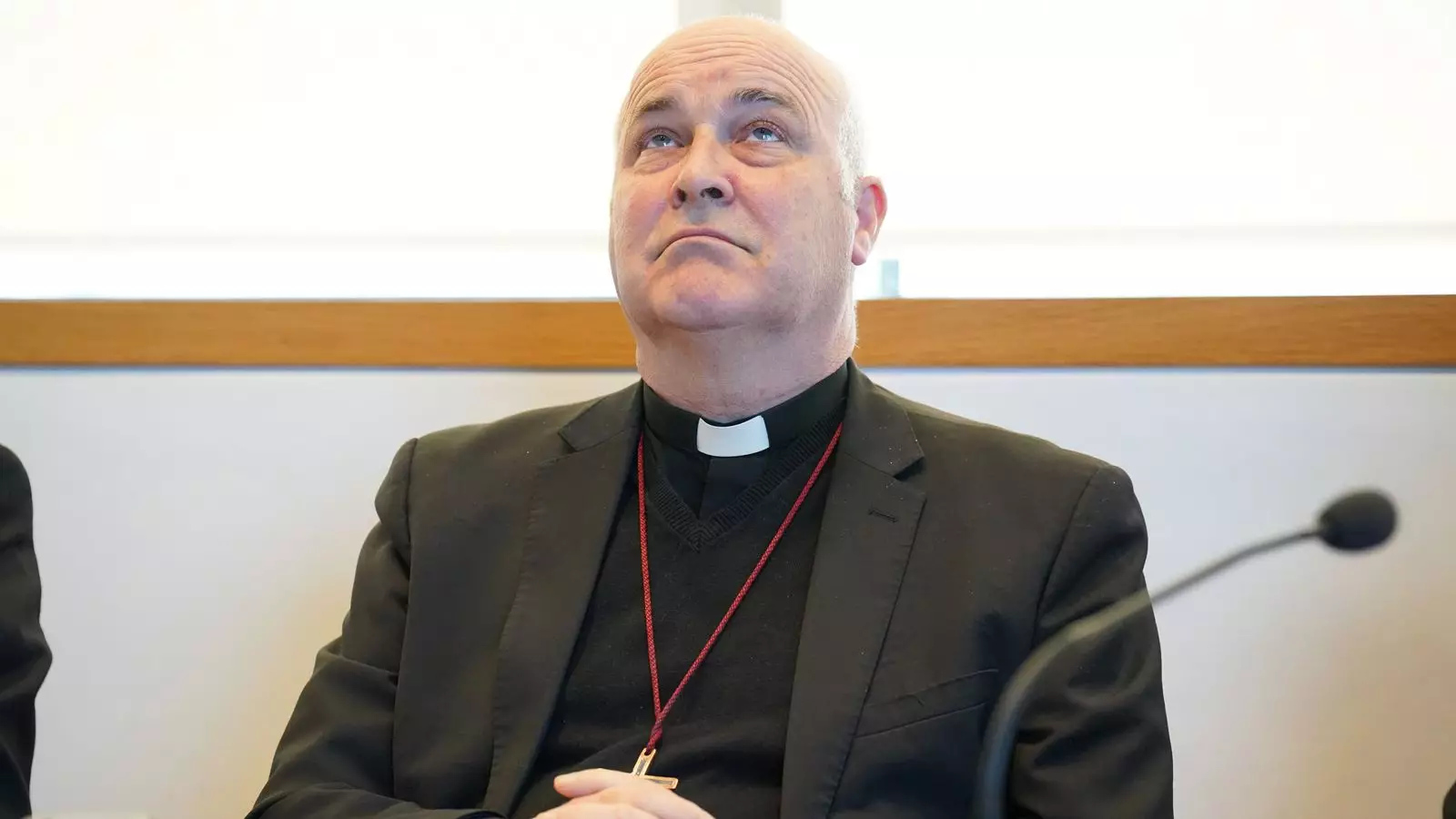The Church of England stands at a precipice, grappling with its past missteps while facing pressing critiques of its contemporary relevance. In a poignant Christmas Day sermon, Archbishop of York Stephen Cottrell is expected to call for a profound reckoning, urging the church to “kneel in penitence” and recognize the need for transformation. This plea comes in light of serious allegations that have marred the church’s reputation, particularly surrounding the handling of sexual abuse scandals that have left communities disillusioned and betrayed.
As the church prepares to transition leadership with the impending departure of Archbishop Justin Welby, Cottrell assumes a pivotal role. This shift is particularly significant, as Welby’s resignation was catalyzed by a troubling report that revealed potential failings in the church’s approach to allegations against serial abuser John Smyth. The expectation for Cottrell to guide the church amid this turmoil is immense, with many hoping for leadership that prioritizes transparency and justice.
Cottrell’s anticipated sermon underscores the importance of confronting the shadows of history that weigh heavily upon the Church of England. His quote about the “vulnerable child” at the center of the Christmas narrative poignantly illustrates the transformative power of humility and compassion. He highlights the contrast between a child embodying innocence and the harsh realities faced by individuals marginalized by society — specifically the victims of abuse and exploitation. This contrast invites reflection on the church’s mission to be a bastion of hope and love rather than a source of pain and division.
It is notable that, in reminding his congregation of this narrative’s core, Cottrell calls the church to move beyond the confines of its institutional power and instead embrace the virtues of empathy and service. By encouraging the congregation to prioritize the needs of others, he invokes the very essence of what Christmas represents: a call to selflessness and communal responsibility.
However, it is crucial to recognize that Cottrell himself is not without critics. The resurfacing of the David Tudor case adds a layer of complexity to his plea for change. Critics argue that the church’s internal processes failed not only the victims but also the broader community that expects more from its leaders. Cottrell’s acknowledgment that the Tudor case “could have been handled differently” has been deemed insufficient by those harmed, who find his reassurances hollow in the face of real trauma.
The call for Cottrell to resign, echoed by prominent figures such as Bishop of Gloucester Rachel Treweek, reflects a growing demand for authentic accountability within church leadership. This scrutiny falls not solely on Cottrell but also encapsulates a broader question about the church’s structural integrity and its ability to critically evaluate its past decisions, especially regarding safety and safeguarding practices.
The Path Forward: Light Amidst Darkness
Interestingly, while Cottrell will preach at York Minster, the message at Canterbury Cathedral, delivered by Bishop Rose Hudson-Wilkin, offers a different perspective — one that emphasizes resilience and the triumph of light and hope over despair. This parallel underlines a division within the church’s response to the current crises: a recognition that, while reform is necessary, there is also a desperate need to anchor congregational faith in brighter possibilities.
Together, these messages encapsulate the complexity of faith communities grappling with internal strife while seeking to project hope. To repair its fractured image, the Church of England must embrace dual narratives: an unwavering commitment to justice for victims and an earnest pursuit of renewed purpose in the love it professes.
As Christmas arrives, the Church of England finds itself at a pivotal intersection. Archbishop Stephen Cottrell’s words are no longer just ceremonial; they represent a critical challenge to transform the church from within. It is time, as he suggests, to “kneel in penitence” not just as a gesture, but as a genuine commitment to embodying the love and compassion that Jesus represents. The path forward must be one of unity and active involvement in the healing of both individuals and institutional integrity, ensuring that the church emerges not merely as a relic of its storied past, but as a beacon of hope for a community yearning for real change.


Leave a Reply